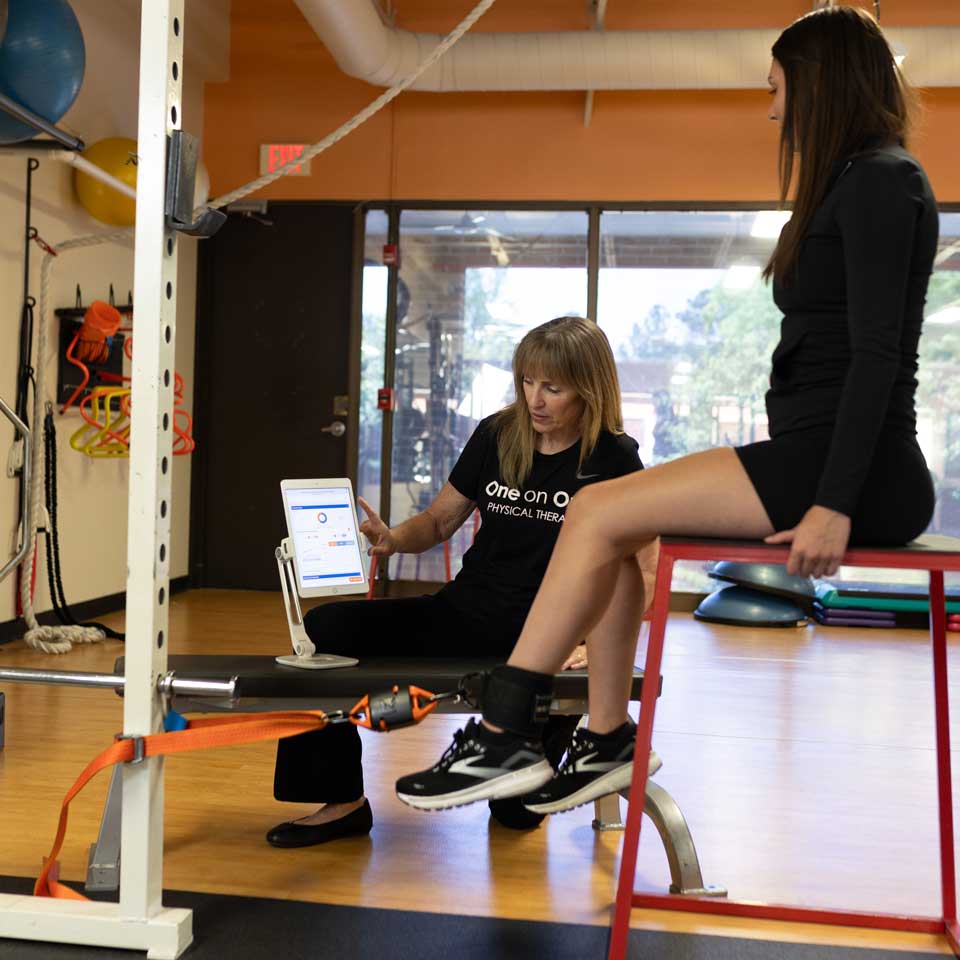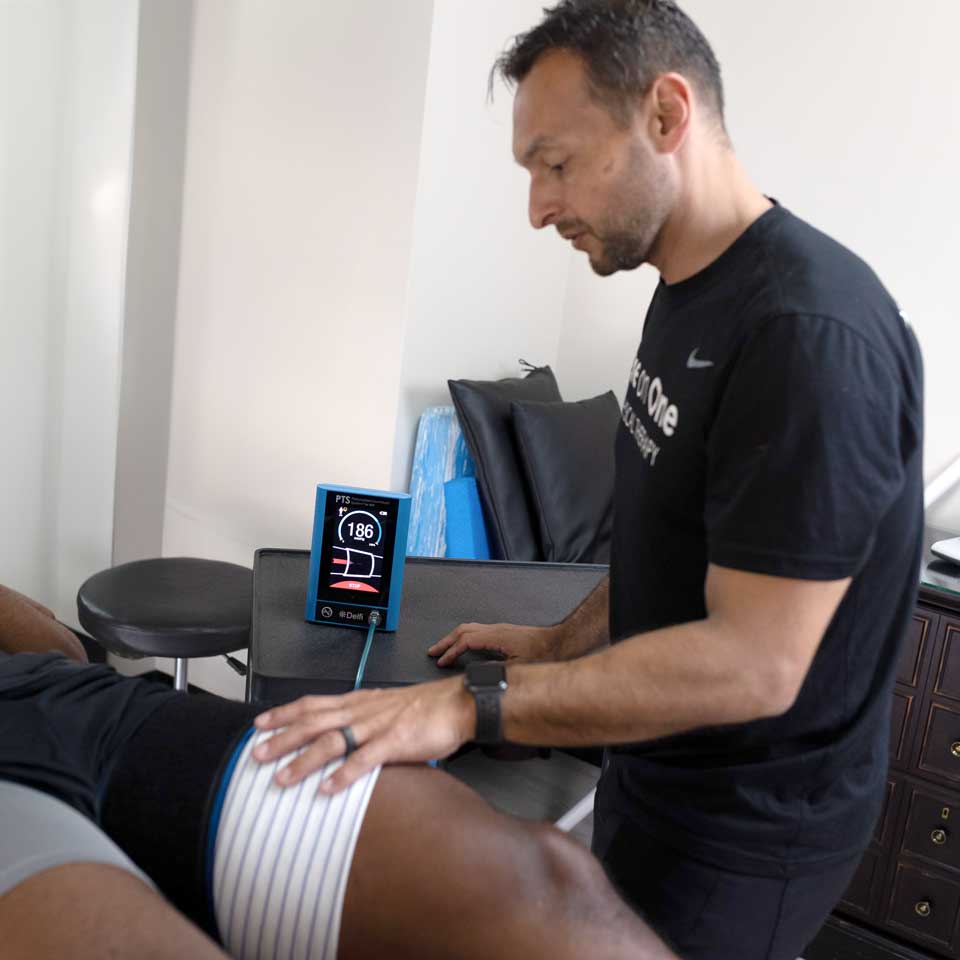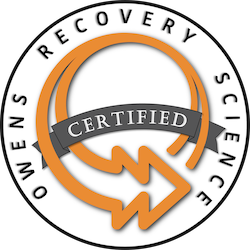Restoring Function and Enhancing Performance with Sport Physical Therapy
Sport physical therapy is a specialized field within the realm of physical therapy. It plays a crucial role in helping athletes and active individuals recover from injuries, improve performance, and prevent future injuries.
Unlike general physical therapy, sport physical therapy is tailored specifically for those involved in sports and high-performance activities. Whether you’re a professional athlete or a recreational player, sports physical therapists are equipped to help you recover from injuries, restore function, and enhance your athletic capabilities.
This comprehensive service focuses on the treatment and prevention of sports-related injuries. We use advanced techniques and a deep understanding of exercise science, biomechanics, and intricacies of the human body. The ultimate goal is to get you back to peak performance, faster and stronger than ever before.

Understanding Sport Physical Therapy
What is Sports Physical Therapy?
At its core, sports physical therapy focuses on treating and rehabilitating injuries that are commonly associated with physical activities, particularly sports. These therapists work with athletes of all skill levels, from weekend warriors to professional athletes, ensuring that they return to their sports stronger, more agile, and more resilient than before.
Sports physical therapists are trained to evaluate injuries, understand the biomechanics of sport, and design individualized rehabilitation plans. They work closely with patients to not only treat current injuries but also to prevent future ones by addressing muscle imbalances, faulty movement patterns, and improper mechanics.
The Role of Sports Medicine in Physical Therapy
Sports medicine physical therapy bridges the gap between medicine and physical performance. Unlike general physical therapists, sports physical therapists possess advanced knowledge in areas like sports-specific injury patterns, injury prevention, and athletic performance. Their focus is not just on injury rehabilitation but also on performance enhancement and pushing athletes to exceed their previous limitations.
When an athlete suffers an injury, these therapists work collaboratively with other healthcare professionals, including doctors and surgeons specializing in sports medicine, to develop a comprehensive treatment and rehabilitation plan. This interdisciplinary approach ensures that the athlete receives the best possible care, which accelerates recovery and minimizes the risk of re-injury.

Injury Prevention in Sports Physical Therapy
A major focus of sports physical therapy is on preventing injuries before they occur. Injuries are a common part of sports, but many can be prevented with the right training, movement assessments, and injury prevention strategies.
Sports physical therapists conduct thorough evaluations of an athlete’s movement patterns, muscle imbalances, and overall mechanics to identify areas that are prone to injury. By teaching athletes proper mechanics and incorporating strengthening exercises, these therapists help minimize the risk of injury.
Athletes are also educated on warm-up and cool-down routines, flexibility exercises, and conditioning programs to ensure that their bodies are well-prepared for the physical demands of their sport.
Sports Therapy for Injury Rehabilitation
When injuries do occur, sports therapy is essential for recovery and rehabilitation. The rehabilitation process focuses on restoring mobility, strength, and overall function, while minimizing pain and preventing re-injury.
During the rehabilitation phase, the sports physical therapist works closely with the injured athlete to design a progressive exercise program that gradually restores full function. Treatment may include manual therapy techniques, therapeutic exercises, and modalities such as ultrasound, electrical stimulation, and cryotherapy to reduce pain and promote healing.
The rehabilitation process is highly individualized. For example, a soccer player recovering from a knee injury will have different rehabilitation needs than a swimmer recovering from a shoulder injury. The therapy plan is tailored to the athlete’s specific sport, injury, and goals.
The Role of Physical Therapy in Performance Enhancement
While sports physical therapy is often associated with injury recovery, it is also crucial for enhancing athletic performance. Physical therapists focus on improving an athlete’s mobility, strength, flexibility, and endurance, all of which are essential for achieving optimal performance.
Athletes work with physical therapists to correct imbalances, improve movement efficiency, and enhance their overall performance. This may involve a combination of strengthening exercises, conditioning drills, flexibility training, and balance exercises designed to help the athlete reach their full potential.
Common Injuries Treated by Sports Physical Therapists
Sports physical therapists treat a wide range of injuries that affect athletes, including:
The Evaluation and Treatment Process
The first step in any physical therapy program is a comprehensive evaluation. During the initial assessment, the sports physical therapist will conduct a detailed history, discuss the patient’s goals, and perform a thorough physical examination. This includes assessing range of motion, strength, balance, and movement patterns.
Based on the evaluation, the therapist will develop a personalized treatment plan aimed at restoring function and addressing any weakness or dysfunction.
Throughout the course of treatment, the patient will work on targeted exercises designed to restore mobility, strength, and endurance. Therapists will closely monitor progress and make adjustments to the program as necessary.
Restoring Function and Mobility
After an injury, restoring function is key to getting athletes back on the field or court. Sports physical therapists use a combination of manual therapy, strengthening exercises, and conditioning drills to help patients regain their full capacity for movement and performance.
A major focus is placed on functional training that mimics the movements and demands of the athlete’s sport. This ensures that, once recovered, the athlete is fully prepared to return to competition without risking re-injury.
The Importance of Proper Mechanics
One of the key principles of sports physical therapy is teaching athletes the importance of proper mechanics. Faulty movement patterns can lead to overuse injuries, pain, and reduced performance. Sports physical therapists work to correct these patterns through targeted exercises and drills, ensuring that athletes move efficiently and safely.
Proper mechanics are particularly important in high-impact sports, where incorrect form can lead to serious injuries. By focusing on proper mechanics, therapists help athletes stay safe while maximizing their performance.
The Role of Sports Physical Therapy in Daily Life
While the primary focus of sports physical therapy is on athletes, the benefits extend beyond sports and into everyday life. The skills and techniques used in this type of therapy can help non-athletes as well, particularly those who engage in physical activities or who have physically demanding jobs.
Sports physical therapists help patients improve their overall mobility, strength, and endurance, which can improve their quality of life and allow them to participate in physical activities without fear of injury.
Conclusion
Sport physical therapy plays an essential role in helping athletes recover from injuries, improve their performance, and prevent future injuries. With a focus on injury prevention, rehabilitation, and performance enhancement, sports physical therapists are valuable partners for anyone involved in physical activities. Whether you’re a professional athlete or someone who simply enjoys staying active, sports physical therapy can help you achieve your goals and maintain a healthy, active lifestyle.
By working with a sports physical therapist, athletes can not only recover from injuries but also push beyond their limits, enhance their performance, and continue to do what they love with confidence and strength.
